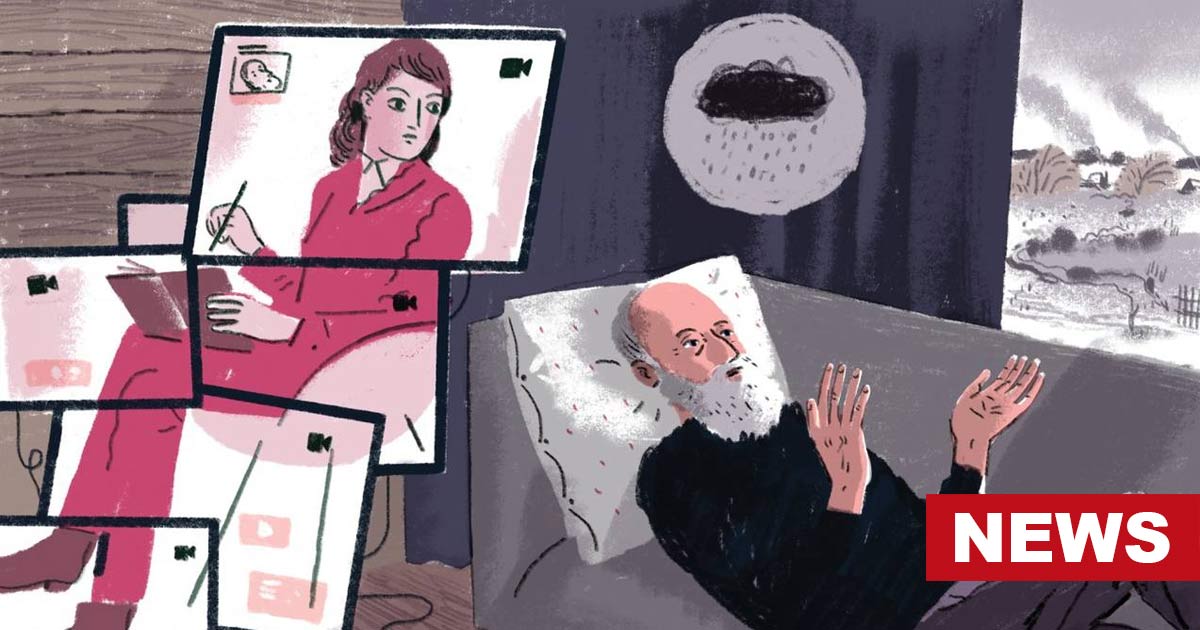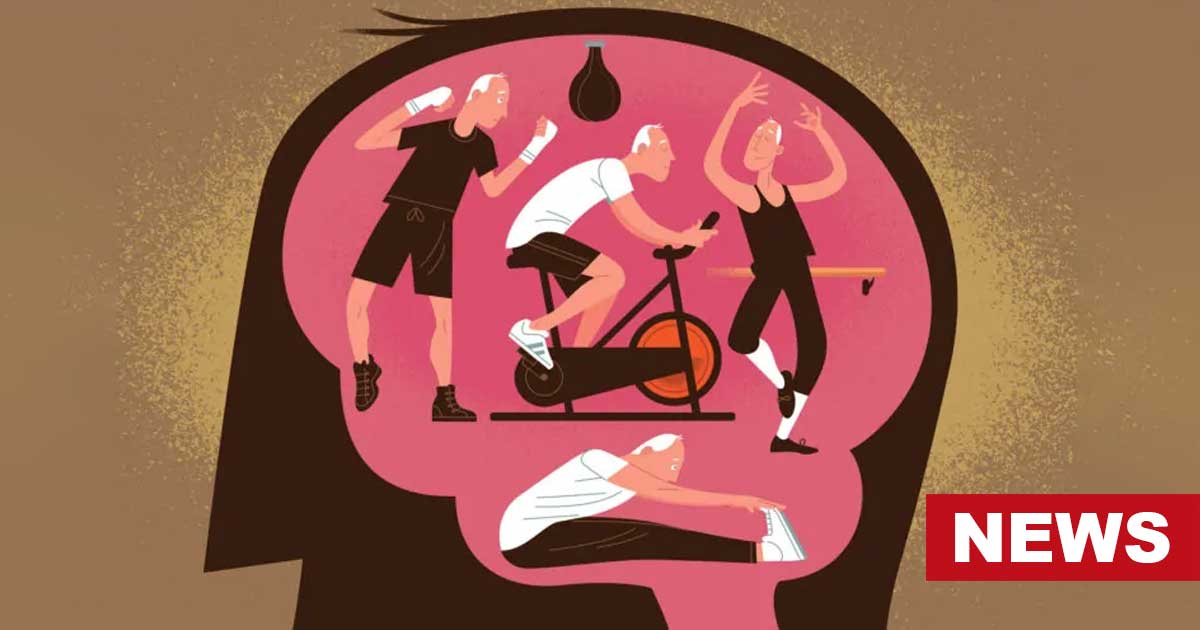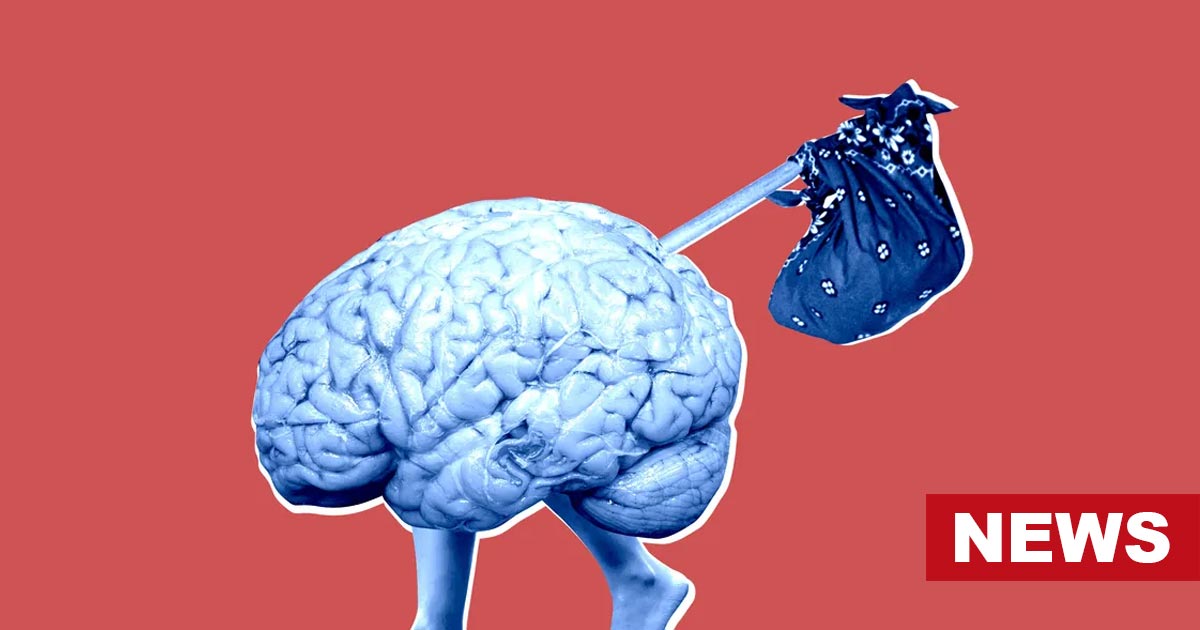In the intricate tapestry of human relationships, the desire to be liked and accepted by others is a common thread that weaves its way into our lives.
Being kind and considerate to people is often touted as a virtue, but what happens when the people pleasing behavior becomes all-consuming?
In a recent conversation with the Washington Post, Dr. Juli Fraga, a US-based psychologist, shed light on the tell-tale signs of a people pleaser and why it’s essential to strike a balance between kindness and self-care.
Feeling out of Control in Social Situations
One of the most potent indicators of people pleasing behavior is the overwhelming need to control every social situation.
People pleasers find it challenging to accept the possibility that someone in their social circle may not hold them in high regard.
Dr. Fraga highlights that this need for control can lead to an exhausting game of walking on eggshells in every conversation, as people pleasers try desperately not to make anyone mad.
Excessive apologizing is often their weapon of choice in this quest for maintaining harmony.
Taking Responsibility for Someone Else’s Feelings
Have you ever encountered someone in a foul mood and felt an overwhelming sense of responsibility for their emotional state?
This inclination to assume ownership of someone else’s low mood and devise strategies to make them feel better is a hallmark of people pleasing behavior.
Dr. Fraga suggests that individuals who exhibit this behavior may be driven by a deep-seated need to be the emotional saviors of those around them.
Agreeing with Others to Avoid Conflict
A common trait among individuals having people pleasing behavior is the habit of agreeing with others, even when their own experiences or beliefs differ.
The fear of conflict is paramount, and they will go to great lengths to avoid it. The desire to be liked and accepted often takes precedence over expressing their true thoughts and feelings.
Dr. Fraga emphasizes that this constant avoidance of conflict is a clear sign of people-pleasing behavior.
Being a ‘Yes’ Person
While being willing to take on tasks and responsibilities can be a positive quality, it can become burdensome when taken to extremes.
People pleasers often find themselves saying “yes” to everything, stretching their limits to accommodate others’ needs.
This constant striving to meet the demands of others can lead to overwhelming stress and exhaustion in both personal and professional life.
Worrying That Your Feelings Don’t Matter
Perhaps one of the most concerning aspects of people-pleasing behavior is the belief that one’s own feelings and opinions should be kept hidden.
People pleasers fear that expressing their thoughts or emotions will be seen as a burden or may cause others to abandon them.
Dr. Fraga suggests that individuals who harbor this belief are at risk of stifling their own authenticity in an attempt to maintain relationships.
The Dangers of Having People Pleasing Behavior
While the desire to be kind and considerate is admirable, being a chronic people pleaser can have adverse effects on one’s mental and emotional well-being.
Constantly bending over backward to accommodate others can lead to chronic stress, anxiety, and even burnout.
The fear of conflict can hinder personal growth and prevent individuals from asserting themselves in various aspects of life.
Moreover, the relentless need for approval can erode one’s sense of self-worth and authenticity.
The Importance of Balance
Dr. Fraga underscores the importance of finding a balance between being kind and considerate to others and taking care of one’s own well-being.
It’s crucial to recognize that it’s impossible to please everyone all the time, and that’s okay.
Learning to set boundaries, express one’s thoughts and feelings, and prioritize self-care are essential steps toward breaking free from the shackles of people-pleasing behavior.
In conclusion, the desire to be liked and accepted is a natural inclination in the complex web of human relationships.
However, it’s crucial to be mindful of the signs of people-pleasing behavior and the toll it can take on our mental and emotional health.
Dr. Juli Fraga’s insights serve as a valuable reminder that while being nice to others is important, it should never come at the expense of our own well-being.
Striking a balance between kindness and self-care is the key to healthier, more authentic relationships and a happier, more fulfilled life.




























